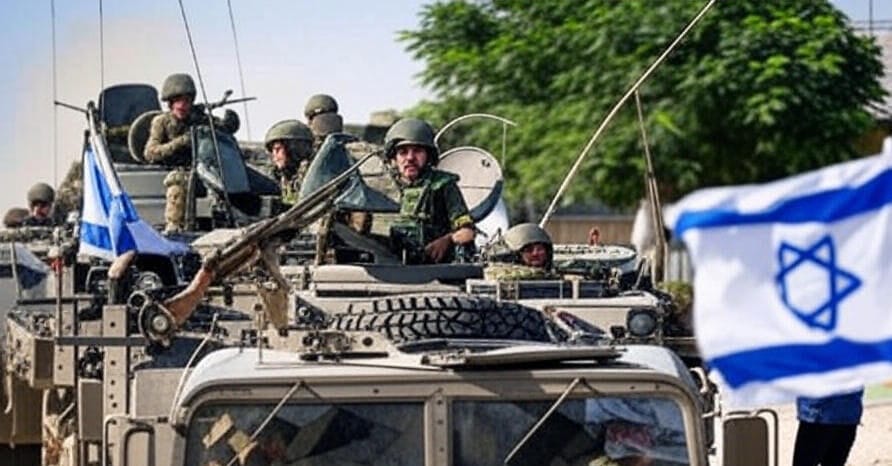
Israel’s decision to seize control of Gaza City, announced on August 8, 2025, has provoked intense international criticism, escalating its conflict with Hamas. Led by Prime Minister Benjamin Netanyahu, Israel aims to dismantle Hamas’s infrastructure and establish a security perimeter, but the plan has raised concerns about civilian safety and the fate of approximately 50 hostages, with 20 believed alive. Germany’s partial arms embargo and condemnations from global leaders, including UK Prime Minister Keir Starmer, highlight Israel’s diplomatic challenges. The operation, set to extend Israel’s control to 85% of the Gaza Strip, has deepened Gaza’s humanitarian crisis and sparked domestic opposition. This article examines Israel’s objectives, global reactions, and the escalating situation.
Israel’s Strategic Objectives in Gaza
Israel’s security cabinet has approved a mission to take control of Gaza City, with the goal of stopping Hamas from being a threat without keeping military forces there permanently.
The plan involves installing a civilian administration unaffiliated with Hamas or the Palestinian Authority and distributing aid outside combat zones. By capturing Gaza City, Israel seeks to control 85% of the Gaza Strip, up from 75%, to ensure long-term security.
Key Objectives of Israel’s Plan
- Israel is targeting Gaza City to stop Hamas from functioning, and they now have control over 85% of the Gaza Strip.
- Non-Permanent Occupation: Israel emphasizes a civilian administration to avoid long-term occupation.
- Humanitarian Measures: Israel plans to provide aid in non-combat zones to address civilian needs.
- Germany stopped sending military weapons to Israel because they were worried about the impact on people‘s lives.
- Hamas Dismantlement: The operation seeks to weaken Hamas’s military infrastructure.
Global Diplomatic Response to Israel
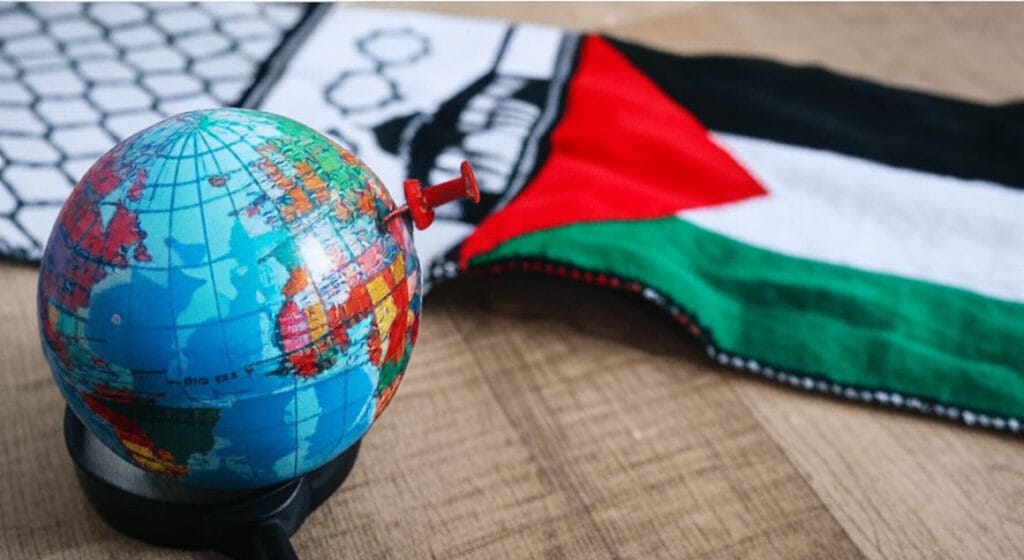
Israel’s announcement has sparked a strong international backlash. Germany, a key arms supplier, suspended military exports for Gaza operations, citing Israel’s role in the humanitarian crisis. UK Prime Minister Keir Starmer called the plan a “miscalculation,” urging a ceasefire and unimpeded aid access. European nations, including Belgium and Denmark, echoed these concerns, while Saudi Arabia, Egypt, and Turkey accused Israel of violating international law. The UN, China, and Russia labeled the operation a “dangerous escalation,” with a UN Security Council meeting scheduled.
International Criticism and Actions
- European Condemnation: Starmer and European leaders urged Israel to prioritize aid and ceasefire.
- Arab Nations’ Response: Saudi Arabia and Egypt accused Israel of entrenching its presence.
- UN and Global Powers: The UN and others criticized Israel’s escalation, planning further discussions.
- Belgium called out Israel’s ambassador to show they were unhappy.
Domestic Opposition and Hostage Concerns
Within Israel, the operation has fueled opposition. The Hostages and Missing Families Forum condemned Israel’s plan, arguing it endangers hostages and undermines negotiations. Opposition leader Yair Lapid criticized the strategy as a “miscalculation,” warning of prolonged conflict. In Gaza, Israel’s displacement orders have left 90% of 2.1 million residents displaced, deepening despair.
Hostage Risks and Political Dissent
- Hostage Concerns: The Forum described Israel’s plan as a “betrayal” of hostage release efforts.
- Political Opposition: Lapid warned of diplomatic fallout and extended conflict.
- Gaza Displacement: Israel’s orders have displaced 90% of Gaza’s population.
- Public Protests: Hostage families have protested Israel’s approach.
- Political Divisions: The plan has deepened rifts within Israel’s coalition.
Humanitarian Crisis and Israel’s Aid Restrictions
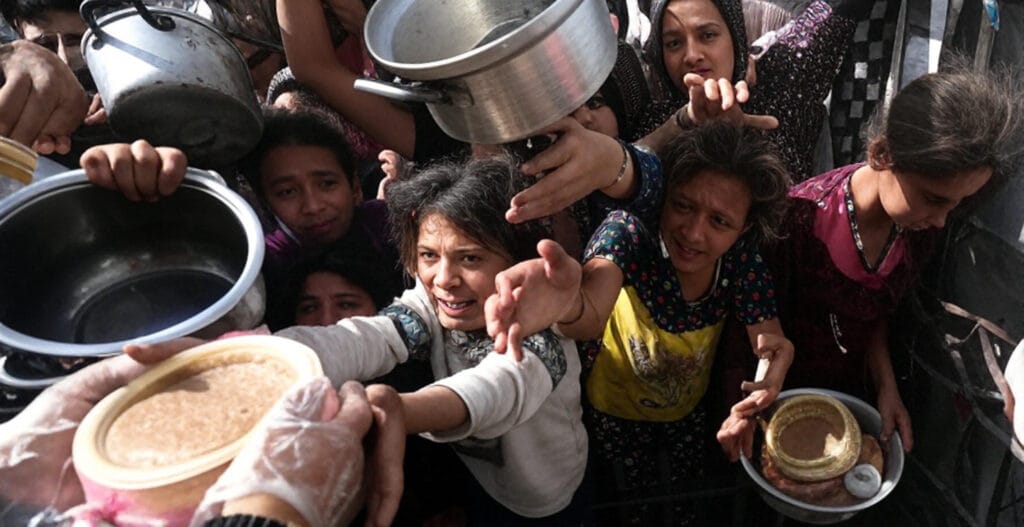
The conflict, sparked by Hamas’s October 7, 2023, attack (1,219 deaths, 251 hostages), has led to over 61,000 Gaza fatalities, mostly women and children. The World Health Organization reports 99 starvation deaths in 2025, worsened by Israel’s aid restrictions. The UN notes insufficient aid levels, while the UK’s £8.5 million pledge underscores the need for Israel to ensure safe aid delivery.
Impact on Gaza’s Population
- Casualties: Over 61,000 Gaza fatalities, predominantly women and children.
- Starvation Crisis: 99 starvation deaths in 2025 due to limited aid.
- Aid Restrictions: Israel’s limitations hinder relief efforts.
- UK Aid Pledge: The UK committed £8.5 million, urging safe delivery.
- Famine Conditions: 90% of Gaza’s population faces displacement and famine.
U.S. Position and Israel’s Challenges
The U.S., which is Israel’s main ally, has a complex position. Vice President JD Vance backs Hamas giving up their weapons but also points out where they disagree.
approval for Israel’s actions is at 32%, per Gallup. Germany’s embargo and Europe’s criticism signal Israel’s potential isolation, with allies possibly reassessing support.Egypt and Qatar are trying to arrange a pause in fighting, but Hamas is not agreeing to give up its weapons.
Diplomatic and Strategic Implications
- U.S. Support: Vance backs Israel’s goals, but public approval is low.
- Diplomatic Isolation: Germany’s embargo may prompt other allies to reconsider.
- Ceasefire Talks: Egypt and Qatar face challenges due to Hamas’s stance.
- Global Pressure: Calls for a ceasefire grow amid Gaza’s crisis.
- Allied Reassessments: Nations may follow Germany’s lead, isolating Israel.
Conclusion
Israel’s plan to take control of Gaza City has made things more tense around the world. Germany’s ban on selling weapons and the many complaints from others show how serious the situation is for both people in need and international relations.
As Israel’s conflict with Hamas nears its second year, international pressure for a ceasefire and resolution to Gaza’s crisis mounts. Follow reputable news sources for updates on Israel’s actions.
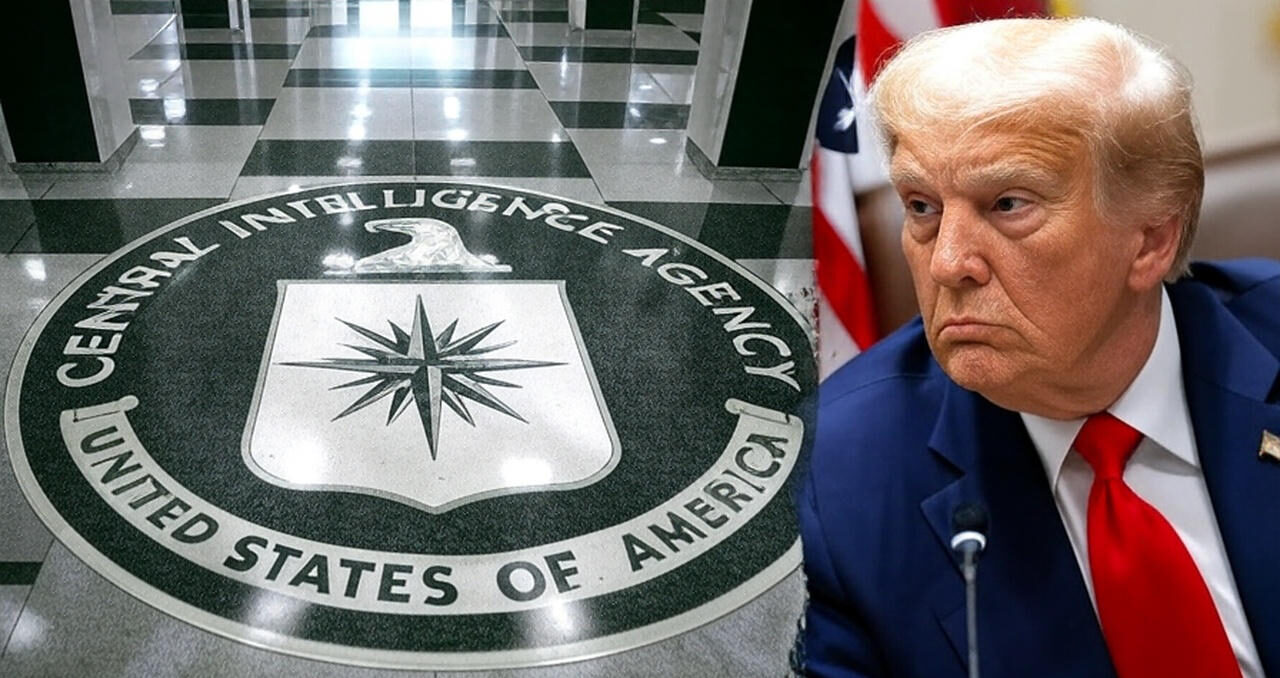
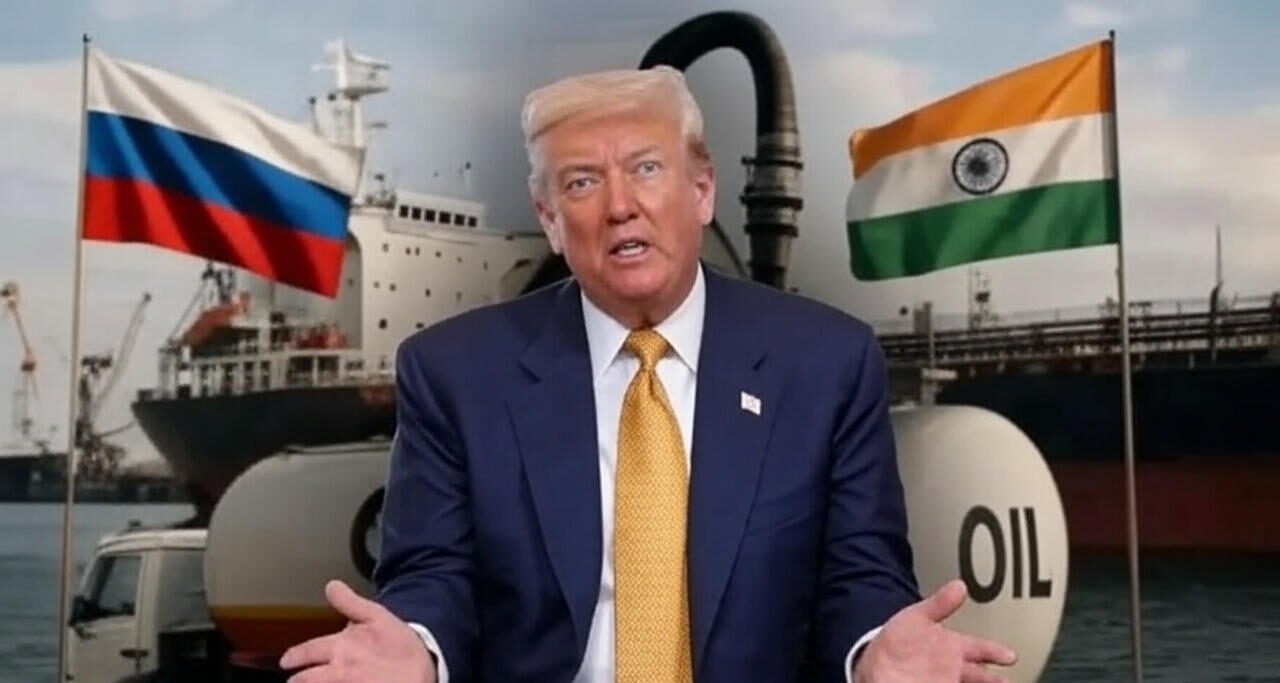

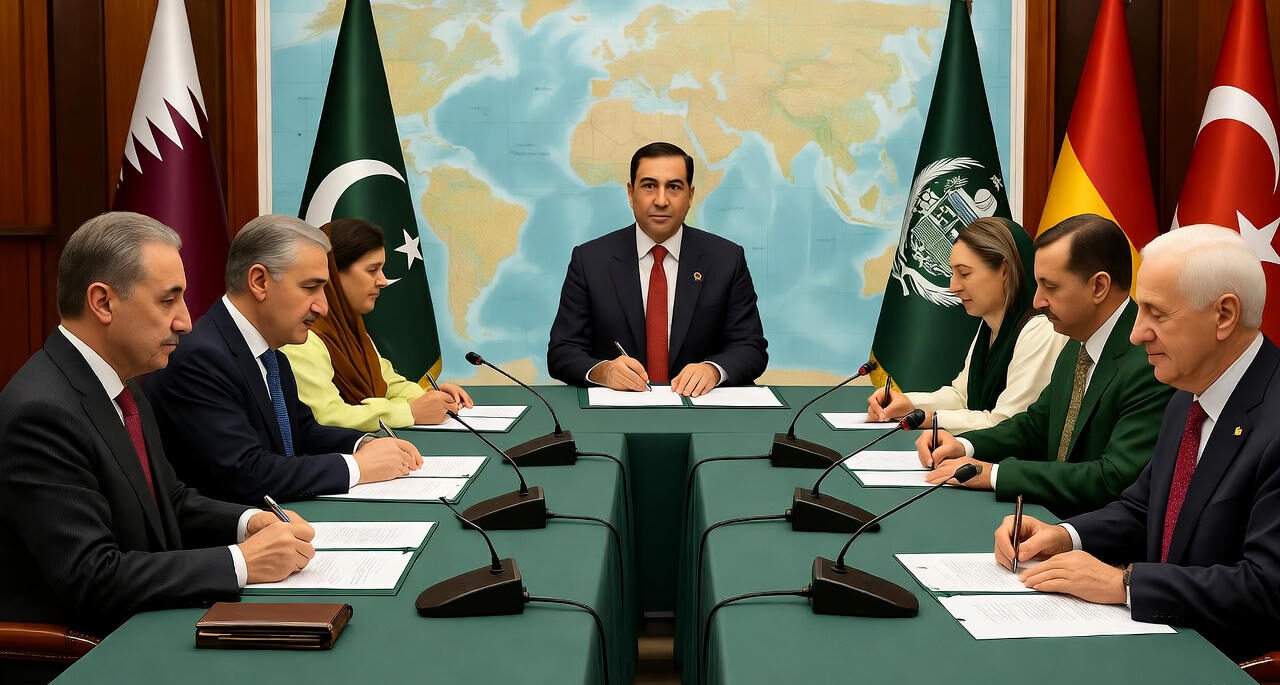

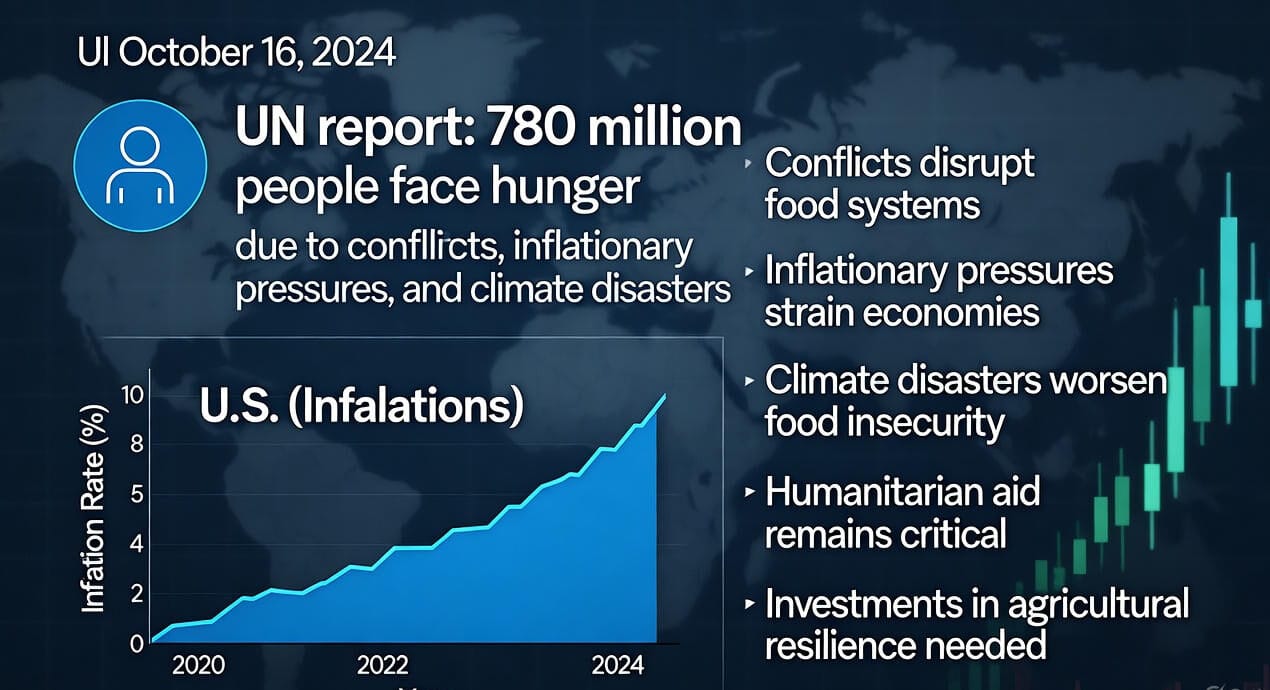
Interesting analysis! Seeing more platforms like ph978 casino games cater to the PH market is great. Easy access via app & legit platforms are key for growth, right? Solid points overall!
Dice games are surprisingly complex when you start thinking about probabilities! Seeing platforms like jililive legit offer diverse games makes understanding those odds even more fun – and potentially rewarding! Registration seems quick too. 😉
Interesting analysis! Strategic play is key, and platforms like the ph799 club seem to emphasize skill development – a refreshing change. Building a solid foundation is crucial for any serious player, right? Good insights!